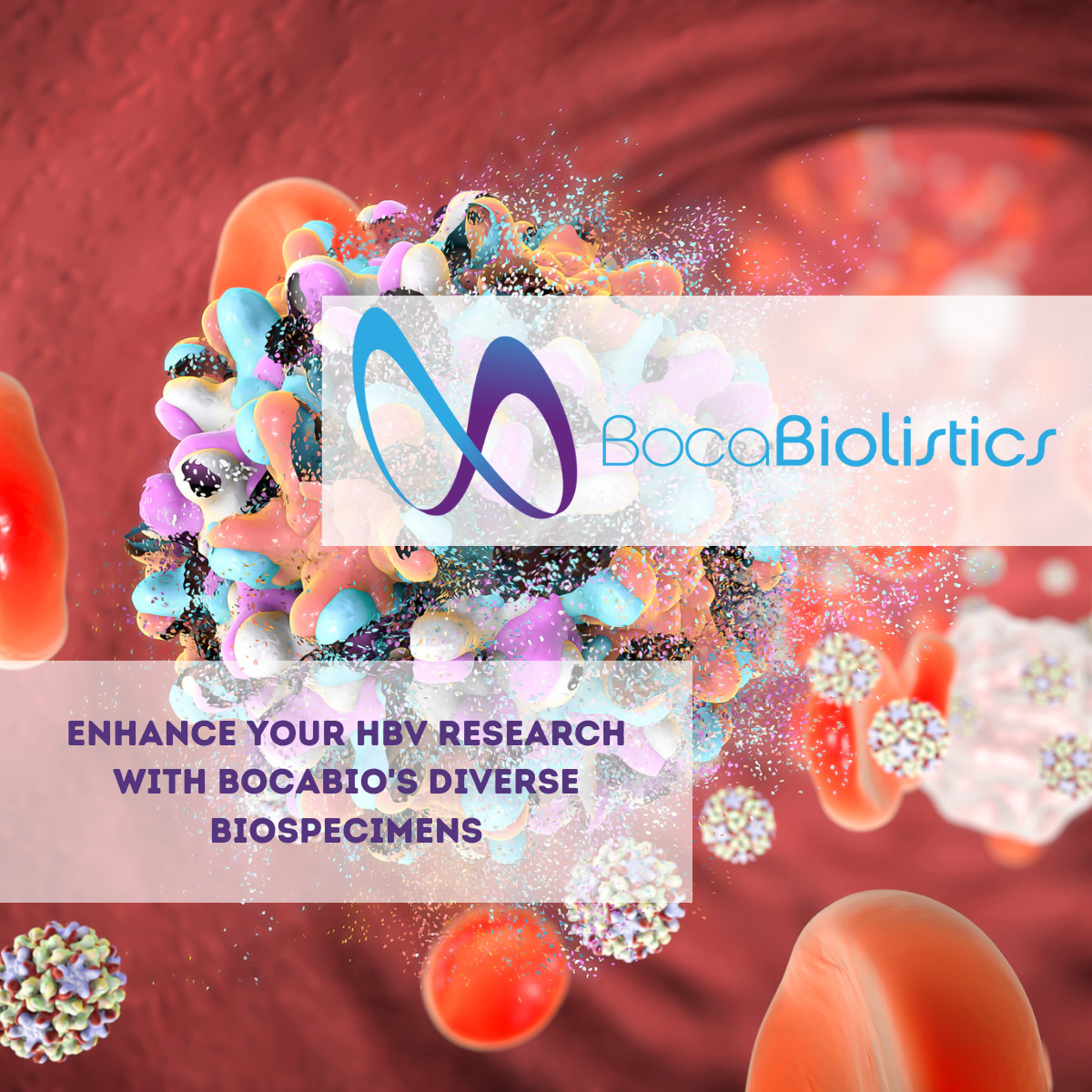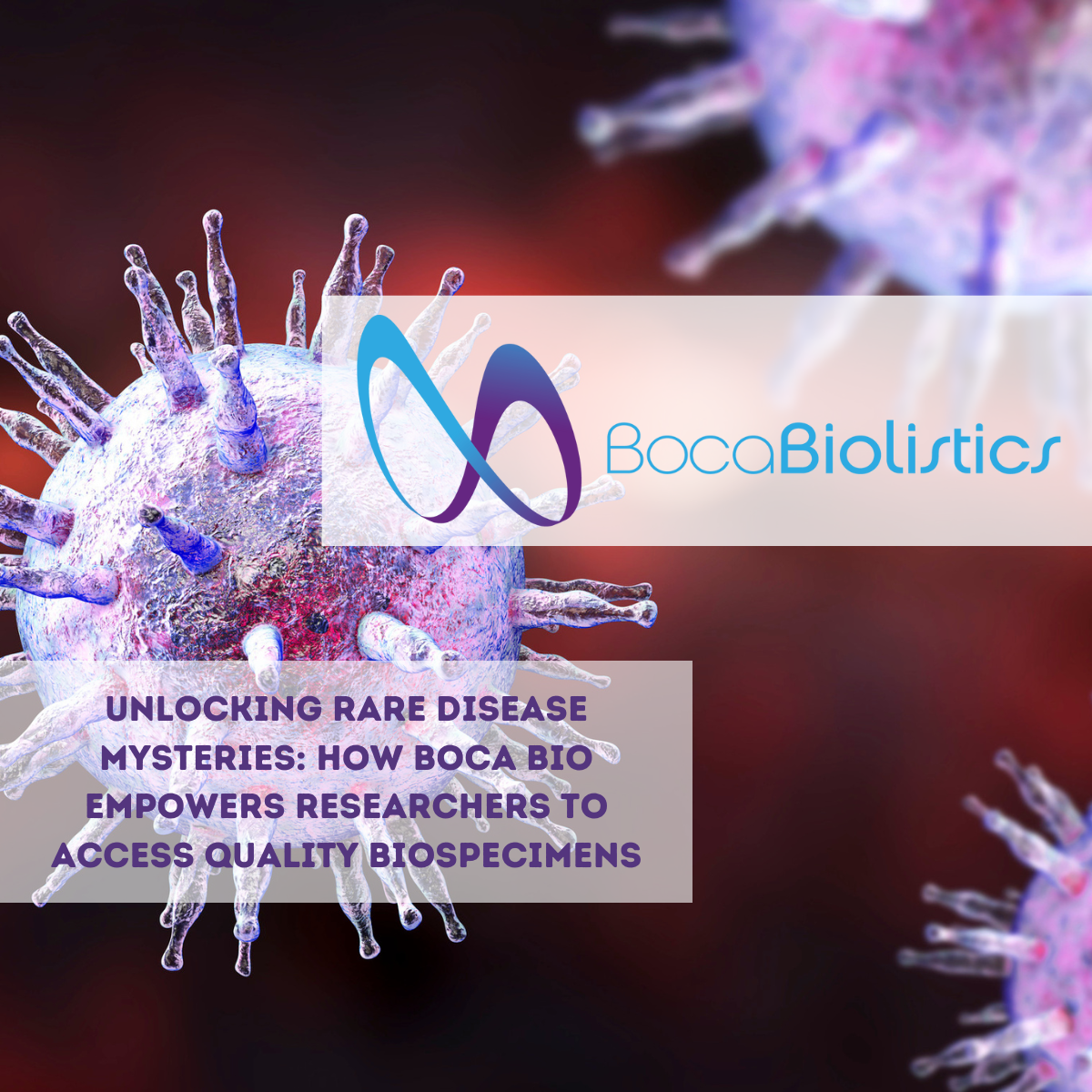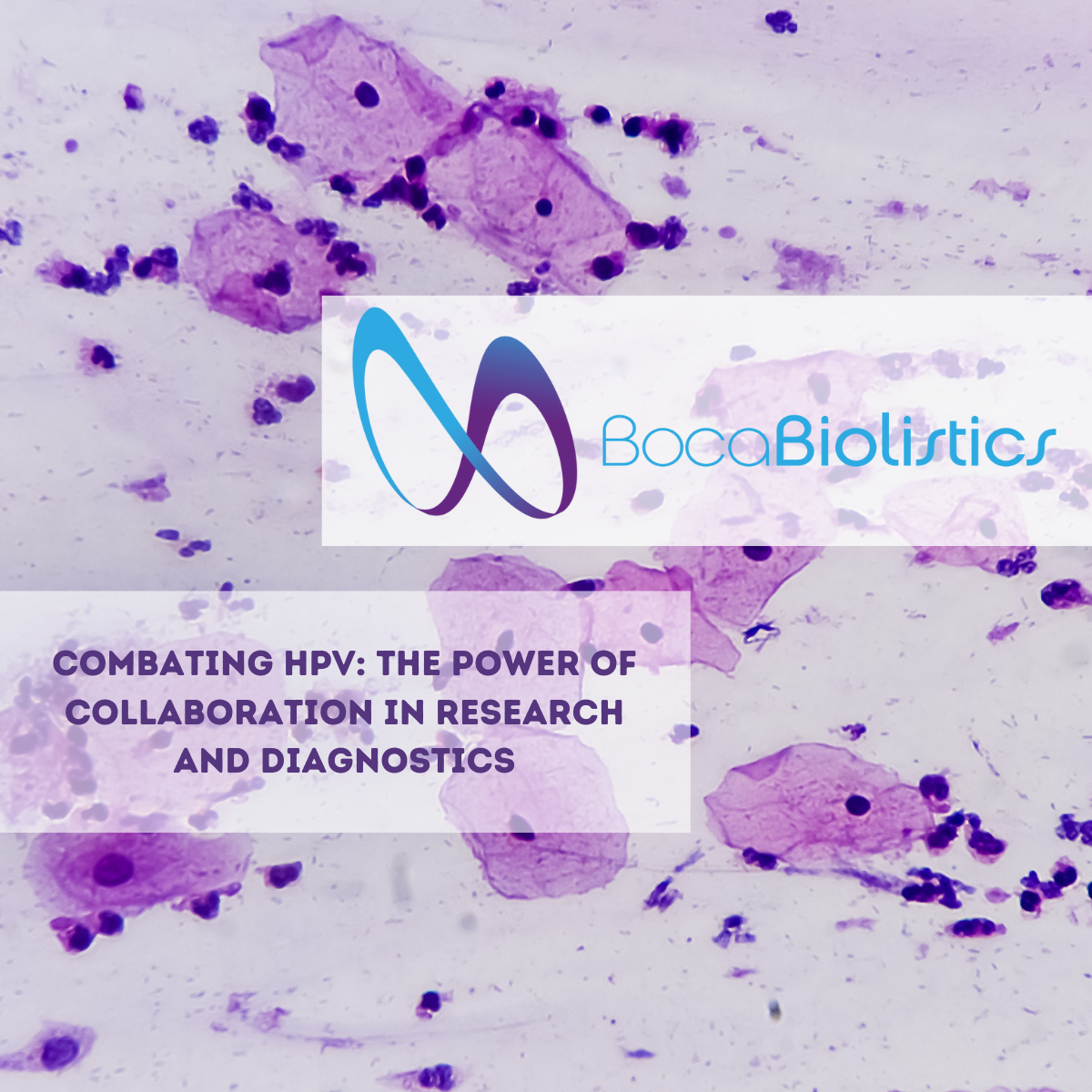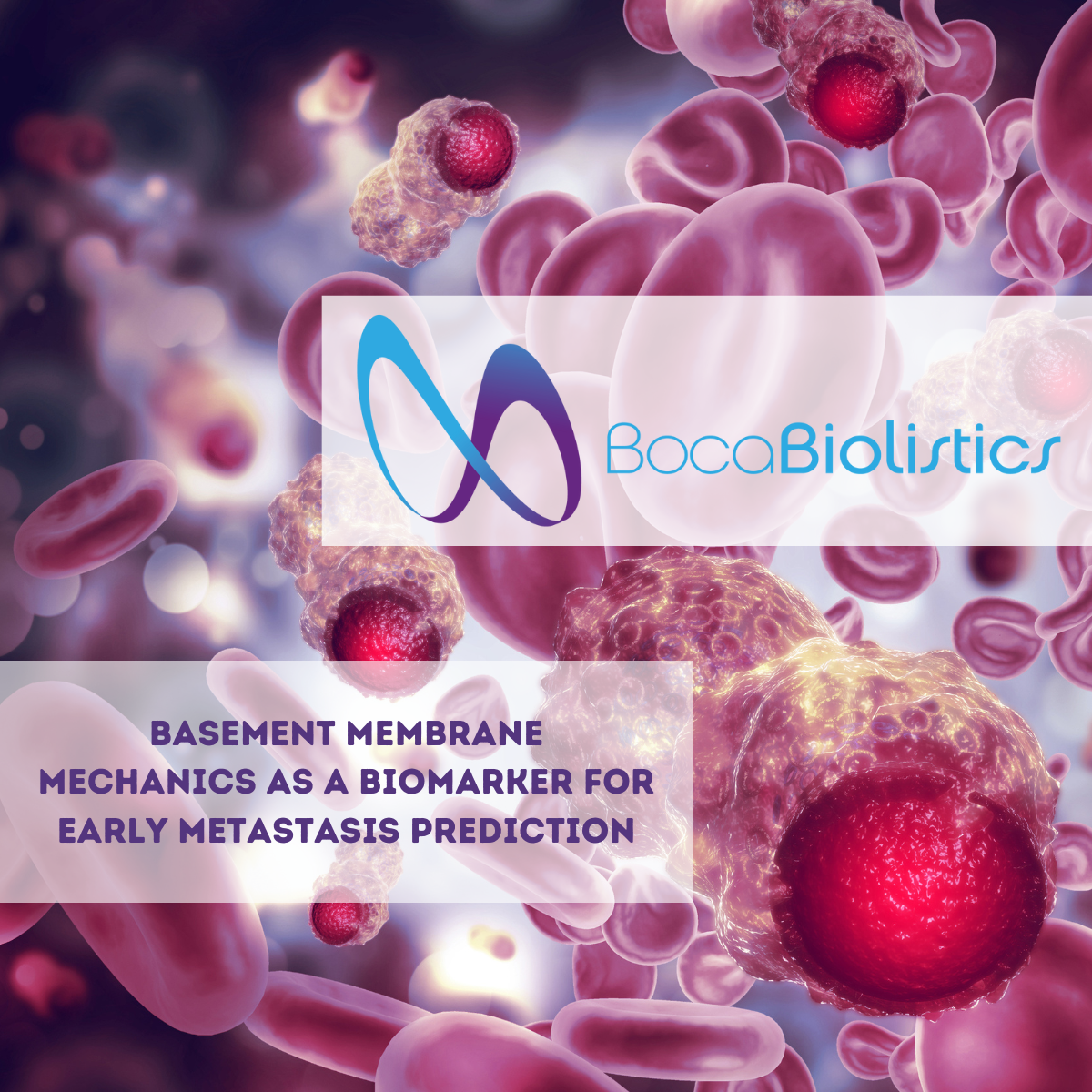A common fallacy is that there can be a cure for cancer. We talk about it all the time. "That person is brilliant, they'll cure cancer." Every patient and every cancer is different, so there simply cannot be a single cure for cancer, but immunotherapy provides personalized treatments that can cure individuals. Recent oncology research is focused heavily on immunotherapy, training the patient's immune system to attack the cancer. So far, these therapies have given dramatic results, but only to a small number of patients. There are some remarkable new therapies out there, and the trend is to expand to more patients and more cancer types.
Here are some of the most promising advancements, particularly in immunotherapy and precision medicine:
MONOCLONAL ANTIBODY THERAPY
Monoclonal antibodies are made in the lab and mimic or support the immune system's attack on cancer cells. They may do this by blocking cell growth, blocking blood vessel development, marking cancer cells so the immune system can attack them, etc. Monoclonal antibodies can also be used to target radiotherapy or chemotherapy to just the cancer cells, reducing the systemic side effects associated with these treatments. The number of cancers that can be treated this way is growing. One new variant is bicycle peptides, which form a particularly effective delivery method for drugs.

CAR-T CELL THERAPY
This is a very new form of gene therapy that is personalized to the patient. Doctors remove a sample of the patient's immune cells, alter them to attack the cancer, and then reintroduce them to the body. CAR-T is mostly being trialed for blood cancers and is being used for patients who have not responded to more traditional treatments. The therapy is known to have some extreme side effects but has also saved a number of lives including those of children with acute lymphoblastic leukemia. With continued research, it will improve. One angle that needs a lot of research is why this seems to work or some patients and not others, and at least come up with a way to identify candidates.
IMMUNE CHECKPOINT INHIBITORS
Generally, having a lot of immune cells in your tumor means your body is fighting back. However, scientists have identified a subset of colorectal cancer patients which have both high immune cell levels and low levels of checkpoint inhibitors, preventing the immune system from doing its job These patients have worse outcomes. One approach that might help them is to use checkpoint inhibitor therapy to increase the activity of the immune system. Checkpoint inhibitor therapy is also effective against melanoma, the most common form of skin cancer. It generally works best against cancers that show higher levels of cell mutation.
TUMOR SEQUENCING AND LIQUID BIOPSIES
To identify the best therapy to use, some doctors are turning to next-generation sequencing. This means taking a tissue sample from the tumor and looking at it closely to see which targeted drugs might work. There are at least 100 different targets. This is generally reserved for the sickest patients, for those for whom other therapies are not working. Another valuable technique is the liquid biopsy, which means analyzing blood or other bodily fluids to identify biomarkers that can tell us a lot about how the immune system is responding to both the cancer and to any treatments. This allows doctors to predict a patient's response to immunotherapy. For these approaches to work, biobanks are essential, providing doctors with numerous samples against which a sequence can be compared, particularly liquid biopsy specimens.
BIOINFORMATICS
Leading on from this is the field of bioinformatics. Bioinformatics uses and analyzes the vast quantities of data now being generated by oncological research. Bioinformatics can be used for everything from identifying genetic propensities that affect cancer risk to determining which patients are most likely to develop chemotherapy resistance. As with all big data fields, bioinformatics is likely to benefit from the growing research into machine learning and artificial intelligence algorithms that can do more and more of the grunt analysis and free up researchers for more complicated tasks. AI may also be able to improve early detection of cancer and has also reduced the number of breast cancer false positives. The use of algorithms to diagnose cancer helps avoid the need for more aggressive treatments.
TARGETING BIOMARKERS
Recently, Roche got a drug called Rozlytrek approved. This is the third cancer drug that treats according to biomarker rather than location. Specifically, Rozlytrek targets solid cancer tumors with specific mutations, namely neurotrophic tyrosine receptor kinase gene fusion and ROS1 gene fusion. Traditionally, cancers have been classified by where the tumor is in the body, but these drugs and others like them show that that may not be the best way to look at it. Tissue agnostic therapies appear to be a major way forward, particularly for cancers that tend to spread to different parts of the body or into the brain. In some cases, some of these therapies may be multi-species. For example, we have now discovered that the HER2 gene which causes some cases of breast cancer is also associated with many cases of canine lung cancer. This allows a human breast cancer drug to be used in dogs, but veterinary studies may well lead us to candidate drugs that are first tested on animals and then move to humans.
COMPANION DIAGNOSTICS AND THE FDA
Companion diagnostics are tests associated with drugs. For precision medicine to work, each drug has to be associated with a test to ensure that the right drug is used and that the drug continues to be effective. Since 2014, the FDA has encouraged the co-development of these devices, and given guidance that is designed to help researchers identify the need early in the process. For drugs that target mutations, this kind of research is essential, and it also requires large amounts of data and access to large quantities of samples.
So, the major trends in precision medicine are immunotherapy and tissue agnostic therapies. However, it is likely that the most important developments in the near future will center around data analysis and the use of artificial intelligence in both research and early diagnostics of certain cancers. There is no cure for cancer - there are, rather, cures for cancer, and precision medicine is the key to improved results and survival in the future.
Boca Biolistics can assist your oncology therapeutics and diagnostics research with our human specimen biobank inventory, clinical research services, and in-house reference laboratory. Contact us today and let’s save lives.







.png)




